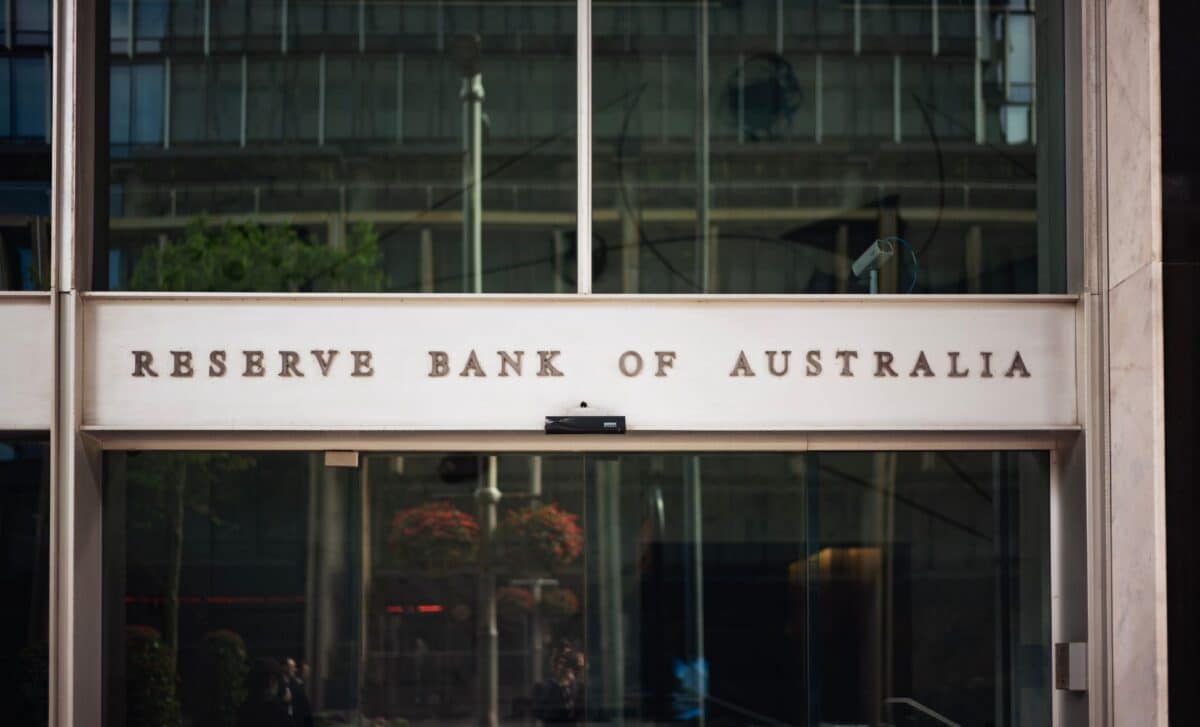Australia’s inflation rate has significantly eased, offering relief to mortgage holders and raising expectations that the Reserve Bank of Australia (RBA) may lower interest rates next month. This sharp drop to 2.1% in the 12 months to May marks a continued deflationary trend, making a rate cut more likely, according to experts.
The data, released on Wednesday, shows a marked decrease from 2.4% in the previous month, providing a more stable inflationary environment. With petrol prices down by 10% and rent increases slowing, analysts believe that the RBA may now consider reducing the cash rate, which has already had a significant impact on economic conditions.
Economic Growth and Rate Cut Anticipation
The latest Consumer Price Index (CPI) figures reveal a consistent decline in inflation across key sectors of the economy, notably in petrol prices and rents.
According to Brendan Rynne, Chief Economist at KPMG, the data demonstrates a “continued pattern of deflation.” He suggests that this trend may give the RBA confidence that any decision to cut interest rates will not lead to renewed inflationary pressure.
The possibility of a rate cut is now more tangible, with market expectations pointing to a quarter-point reduction in July.
Economists, including Krishna Bhimavarapu from State Street Global Advisors, argue that a rate cut is necessary to safeguard economic growth, especially as inflation no longer represents a significant obstacle.
They further suggest that cutting rates would help sustain the country’s economic recovery, particularly by easing the burden on mortgage holders.
Housing Market Impact and Potential Concerns
While rate cuts are expected to provide relief for homeowners and first-time buyers, they could also trigger another surge in property prices. The lower borrowing costs may fuel greater demand for housing, exacerbating the issue of affordability, which remains a critical concern for many Australians.
The nation’s largest mortgage lender, Commonwealth Bank, has already adjusted its rate cut forecasts, predicting that the RBA will move in July rather than August.
However, Belinda Allen, senior economist at CBA, noted that the decision could still be close, as global economic factors may influence the final outcome. The shifting oil markets and international political developments, such as the ongoing tensions in the Middle East, also play a role in the RBA’s decision-making process.
Jim Chalmers, Australia’s Treasurer, has acknowledged the progress made in tackling inflation, stating that the country has made a “hell of a lot of progress,” although he cautioned that there was still work to be done. His comments reflect the government’s cautious optimism about economic conditions, with inflation moving closer to the RBA’s target range of 2-3%.









